Facing the challenges of daily life, we often get stuck in whatever our current parenting struggle is. It can be quite overwhelming to face some of the wacky behaviors our little cuties present us with. We think to ourselves that if we don't handle this issue perfectly and right away, we are going to screw our kids up, we are failures as parents, their behavior is our fault, they are going to have a meltdown, and so am I!
When we adopt a wider lens, it gets us out of the immediate power struggle, frees us up not to be "perfect" parents, and allows us more time to slow down and really think before acting. When we slow down, we can usually find more options for how to deal with the current stressor. We also gain the ability to respond with greater empathy, which usually leads to quicker changes in behavior than when we respond from a place of fear and frustration.
No matter your particular parenting style, I think we can agree that our main goal as parents is to raise responsible, respectful, and happy children who have the skills needed to navigate their world as adults. Our main role as parents is to teach and guide our children through the ins and outs of daily life. Teach and Guide. Those are the key words here. What skills do great teachers have? What is it that great mentors do that help us learn and grow?
Take a few minutes and think about the very best teachers, coaches, mentors, and bosses you have had in your life. What did you love about them? How did they teach you? What did they say when you succeeded? What about when you failed? Did they give you all the answers or help you find them for yourself? Did they enforce harsh consequences, or did they ask you how you planned to fix the situation? Did they micromanage or give a few instructions and let you have a try? Did they tell you what you couldn’t do or ask you what barriers may be in your way? Did they yell and banish you when you had big emotions or did they teach you how to deal with the emotions?
Somewhere along the way our society accepted the belief that children learn differently than adults. We took Pavlov and Skinner’s approach and applied it to our kids. We decided rewards and punishments were the best way to teach our children. One of my favorite quotes says it best: “Where did we ever get the crazy idea that in order to make children do better, first we have to make them feel worse?” (Dr. Jane Nelson, Positive Discipline). Do you thrive on shame, blame, and punishment? Yes, it may change behavior in the moment, but does it inspire you to learn and grow? That is the heart of parenting: inspiring our children to learn and grow in a place where they never doubt our love and respect for them.
I hope by now the difference is clear. Keep that image in mind of the teacher who challenged you way beyond what you thought you were capable of, or that boss who said, “I believe in you” when you failed. That’s where we want to parent from. The best part is what it does for our children. They act out less because they trust more.
We can take a little pressure off ourselves too. We don’t have to respond perfectly every time. We have the opportunity to model for our children that learning is a life long process and each mistake we make along the way is just one more opportunity to grow.
This is the first of a three part series on long-term parenting. The second post offers tools for widening your parenting lens. Part three offers specific tools for moving toward your long-term parenting goals.


